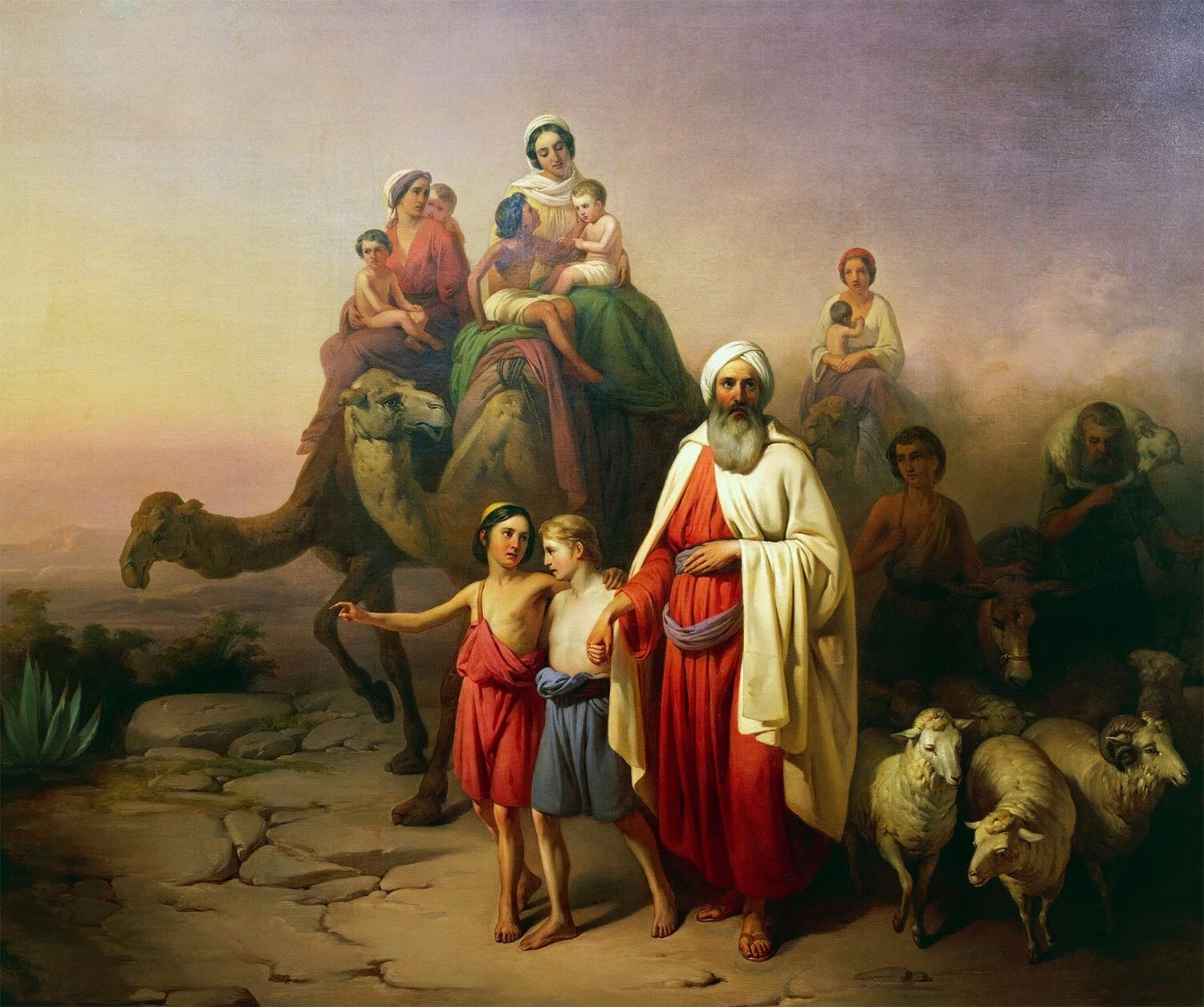Readings for today: Genesis 12-13
“Now the Lord said to Abram, "Go from your country and your kindred and your father's house to the land that I will show you. And I will make of you a great nation, and I will bless you and make your name great, so that you will be a blessing. I will bless those who bless you, and him who dishonors you I will curse, and in you all the families of the earth shall be blessed." (Genesis 12:1-3)
A lot of Christians believe God has placed a “call” on their life. Most of the time what we mean by that is that God has a plan for us. A good plan. A hopeful plan. A plan that involves blessing. In the American church today, God’s “call” is always positive. It is closely aligned to worldly success. Leading a growing church. Getting that promotion at work. Making more money. Becoming an influencer. Making a greater impact. Personally, it means remaining healthy. Building a healthy marriage. Launching our children into life successfully and well. Very few people I meet believe God “calls” them into hardship. Suffering. Difficulty. Uncertainty. Pain.
Because the “health and wealth” gospel has so ingrained itself into our consciousness, it’s challenging for us to put ourselves in Abram’s shoes. We tend to read his life backwards to forwards. We look at where he ended his life. A child of his own. Incredible wealth, power, and a good reputation. A promise from God that from him would come a great nation. We make some false assumptions. We assume everything Abram touched turned to gold. We assume following the call of God was easy. We assume Abram was faithful and therefore never suffered or struggled or wrestled with doubts and fears. Nothing could be further from the truth.
Acts 7 tells us that Abram first received his call from God while living in Ur. God told him to take his family and “go to the land I will show you…” This would present a number of problems right at the start. First and foremost, Abram is not the leader of his clan. His father is still alive so Terah would need to sign off on the move. Second, they would be intentionally leaving all their family and tribal and social connections behind. Businesses were not portable. Skills were not necessarily transferable. They would literally risk their lives to start over in a new community where they knew no one. Third, it meant saying goodbye to friends and family forever. People you love whom you would never see again. Fourth, they were moving sight unseen. They didn’t know where the journey would take them. They had no idea what life would look like in the land where they were going. They didn’t know what they would find there. They only knew God was calling them so they went.
It’s a remarkable step of faith. And though the Bible doesn’t tell us much, we know they suffered along the way. Abram’s brother, Haran, died in Ur before the journey even got started. His father Terah died while they lived in Haran. Once they arrived in the Promised Land, they were immediately met with a life-threatening famine. They went to Egypt where Abram’s wife was essentially “trafficked” into Pharaoh’s harem. Upon their return to the Promised Land, conflict flares up between his servants and Lot’s servants forcing them to separate. Lot choosing the better, more fertile land on which to graze his herds and build his wealth. Throughout this time, of course, Abram and Sarai continue their struggle with infertility. As painful as that struggle is today, it was much, much worse in ancient times where the future of one’s family rests on the ability to produce heirs. All of this is part of the “call” God put on Abram’s life.
This presses an important question for all of us. What is God’s call on our life? Do we even think in those categories? Is it possible for God’s call to include suffering, hardship, failure? How would you respond if God called you like Abram and Sarai to a journey involving uncertainty, fear, and anxiety? Would you walk by faith like they did?
Readings for tomorrow: Genesis 14-16
